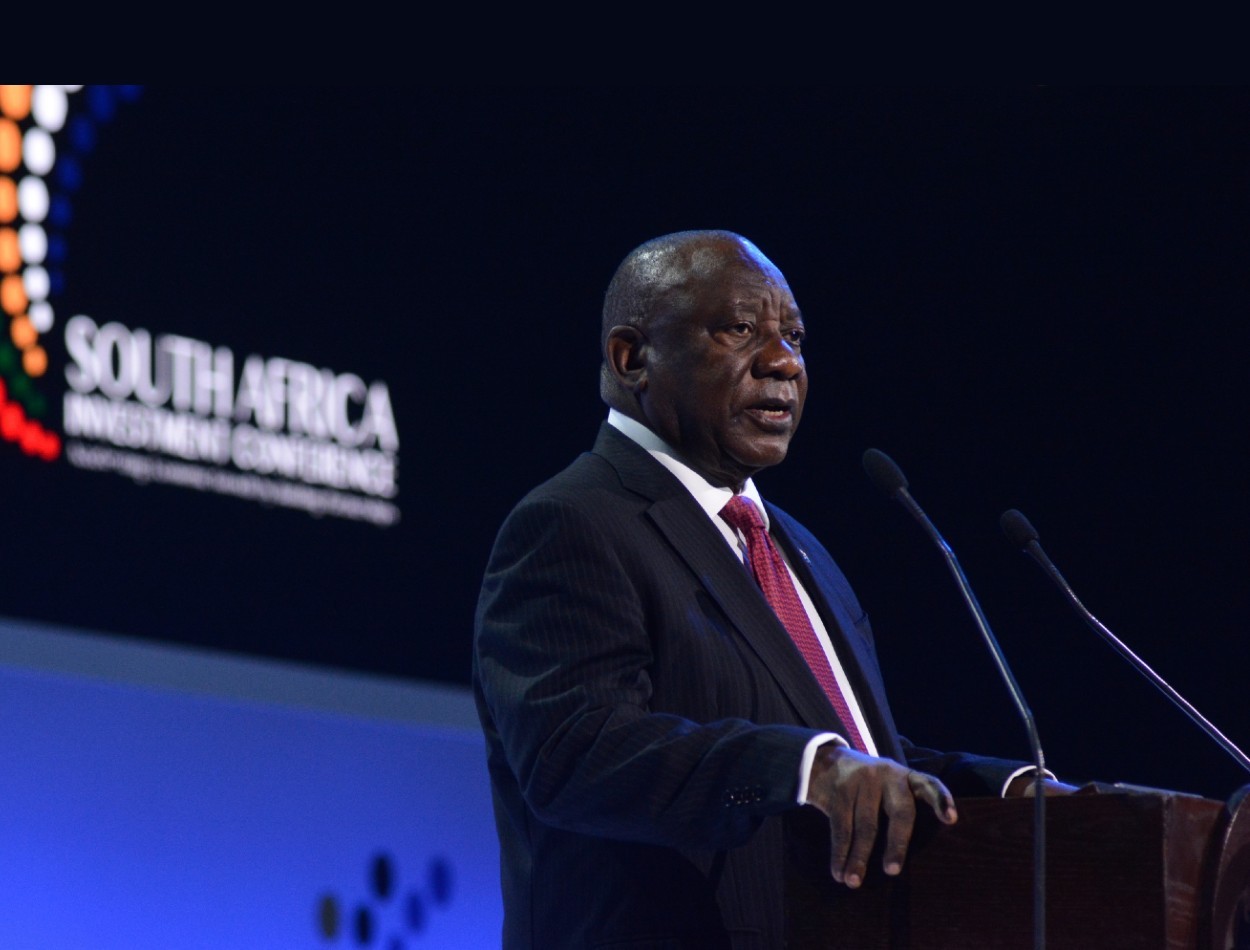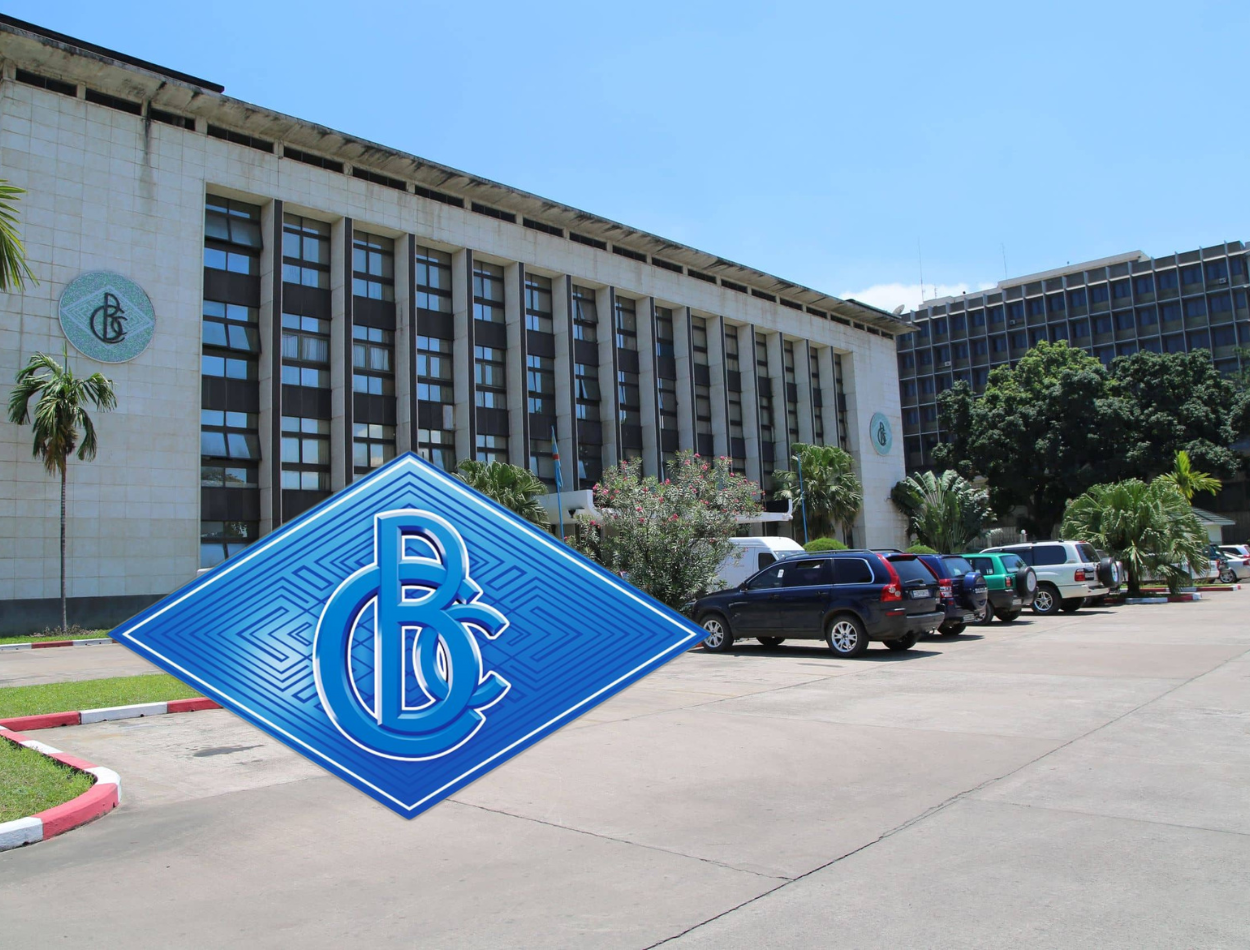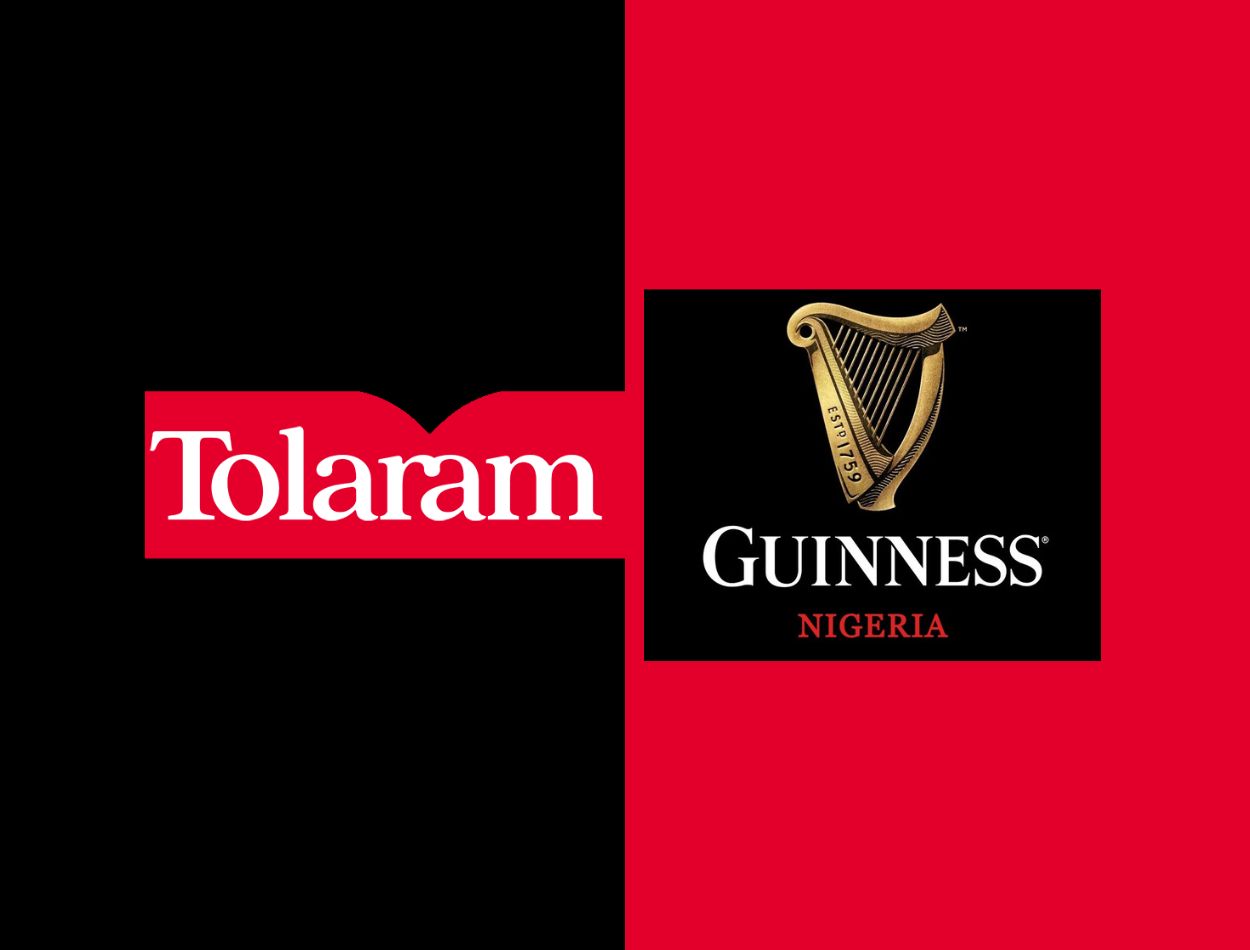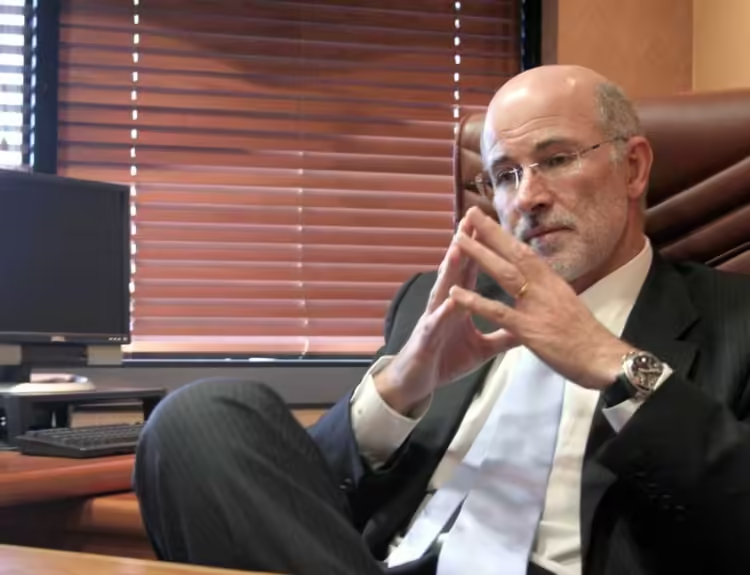South Africa’s President Cyril Ramaphosa seems to face a daunting challenge running Africa’s largest economy and most industrialized nation. With his position at the helm of the ruling ANC now in doubt, many feel that Ramaphosa has failed to deliver on the promises he gave a fractured country five years ago.
The news cycle has been awash with headlines that the ruling party has lost its majority after 30 years. Rightfully so, the ruling elite has abandoned South Africa, leaving the country to teeter toward a possible collapse.
Ramaphosa’s rule has seen unemployment rise while preexisting economic inequalities have persisted. Theft of public resources and constant power cuts have reversed the gains the Rainbow Nation has made in the past 30 years.
Questions now linger about what occasioned the 71-year-old’s dismal performance in putting the country back on track. The elite who backed his bid for the presidency seem also disappointed and might as well switch allegiance as the billionaire fights for political survival.
Who is Ramaphosa?
Ramaphosa grew up in apartheid South Africa and went through the hardships that the clack community was subjected to during the white minority rule. He was born in 1952 in Johannesburg.
Ramaphosa’s family was among the millions who were relocated to Soweto by the then-South African government to create space for white minorities. In apartheid South Africa, blacks were pushed to economically deprived regions, which made the inequalities that persist till today.
His fight against the oppression by the minority rule started while in high school and escalated to his years in university before joining the labour movement which propelled him to the national limelight.
In the 1980s, Ramaphosa led the National Union of Mineworkers (NUM). During that period, he was at the forefront of holding large strikes and championing for the rights of mine workers. His involvement in politics and ANC started during this period, working with Nelson Mandela to end the minority rule in 1994.
While some have argued that Ramaphosa is not a visionary leader–which is to blame for his struggles with running the country–friends and foes agree that he has great mobilization and organisation skills. Something that has helped him build a business empire and survive political crises that almost ended his political career like the “farmgate” in which the president was accused of hiding $4 million at his Phala Phala game farm.
ANC echelons supported and helped him to overcome the challenge, cruising through other corruption and political challenges. This has been attributed to his political mien and charisma.
Ramaphosa has pursued political power and wealth with precision, starting as a student leader to his time in business and now as the president of the most industrialised nation in Africa. And as many other challenges he has had since climbing to the presidency in 2019, he might as well still weather the storm.
Ramaphosa the businessman
Observers said that when Mandela was forming the first black-led government in 1994, Ramaphosa had similar ambitions and had wanted to deputise the freedom fighter. Mandela picked Thambo Mbeki and Ramaphosa opted to be a lawmaker.
This was not to be for long, he took a backseat in politics and became a serial business executive, sitting on boards and investing to become one of the richest blacks in South Africa.
Yet, the love that the public had for him was not lost, something that he would ride two decades later to clinch a position he had wished for at the end of apartheid rule. His entry into business saw him develop interests in nearly every sector.
Ramaphosa had interests in media, telecoms, mining, and beverages. He owned a McDonalds franchise in South Africa. His net worth in 2015 was estimated to be $450 million, making him among the richest politicians in the country.
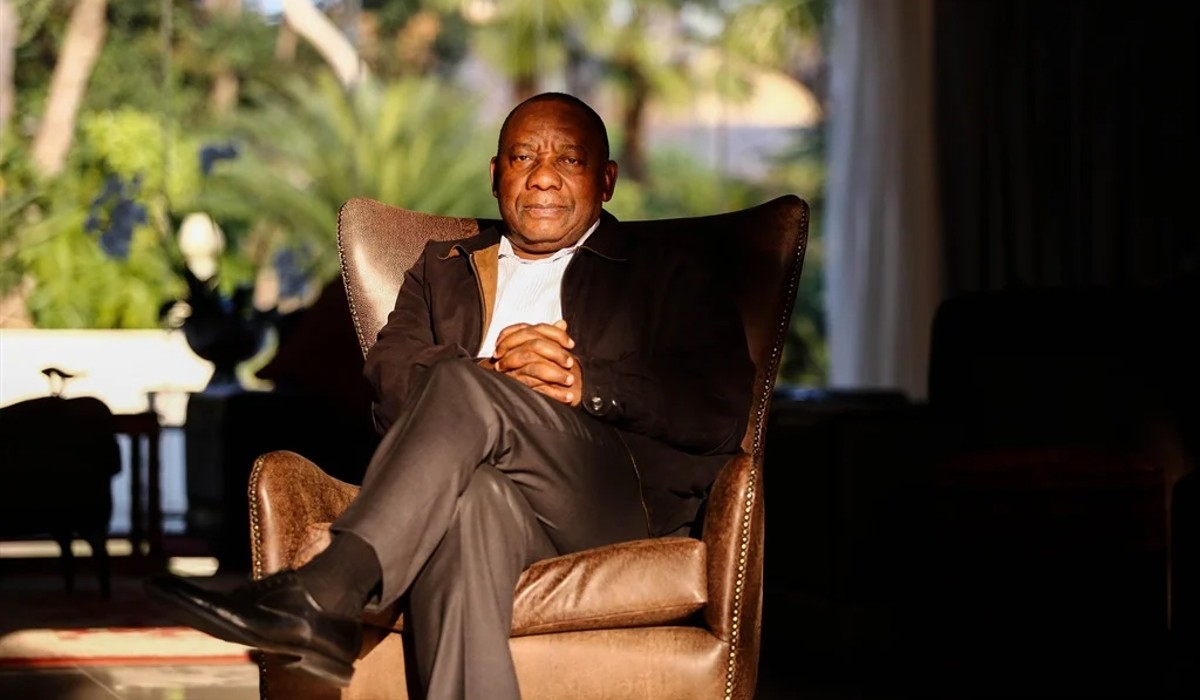
Before he sold his business holdings in 2014 and 2015 after becoming the deputy president, Ramaphosa was the 42nd richest man in Africa. The 71-year-old started his business journey in 1996, but it was not until 2001 that he founded Shanduka, his main investment vehicle.
Shanduka has stakes in mining companies, beverage manufacturers like Coca-Cola bottlers, financial institutions, and McDonald’s South Africa, among others. He sold his 30% stake in the company in 2015 to avoid a conflict of interest.
Other companies were MTN, Standard Bank, Liberty Group, Alexander Forbes, and Bidvest. The company further had interests in heavy industries like Kangra Coal, Helios Towers, Pan African Resources, MPACT, Macsteel, Lace Diamond, and Seacom.
Shanduka’s portfolio indicates that the president had a stake in virtually every sector. He also had interests in game and beef farming, besides owning prime properties, especially in Johannesburg and Cape Town.
Controversies
Ramaphosa has had a fair share of scandals, denting an image he had cut for himself over the years. From money stashed in sofas at his Phala Phala farm to a mass shooting of striking workers at a company where he was a director, critics have claimed that the president has turned his back on ideals he championed.
It is hard to say at this point, there is a consensus that Ramaphosa’s dismal performance in elections was partly because he did not fight corruption as he promised and did not put the economy back on track after the tumultuous reign of Jacob Zuma.
The biggest dent in his legacy, however, would remain to be the killing of 34 workers at Lonmin mine in 2012. About 70 people were wounded during the unfortunate incident. Although an inquiry later absolved him of any wrongdoing, an email where he suggested that whatever the worker was doing was “dastardly criminal” has stuck in many people’s minds.
Though he rode an angry wave against corruption under Zuma, Rampahosa has been embroiled in scandals. In 2018, he denied receiving campaign donations from a controversial foreign firm. It later emerged that he did.
An inquiry in 2022 claimed he did very little to stop the rot in Zuma’s administration. Amid all his failings, the president has scored some wins, politically and economically.
Pundits agree that though he has not reversed the slide of the country’s economy, he has managed to slow it, scoring gains on some metrics. He has also won admiration outside the country for his support of the Palestinians against Israel.

